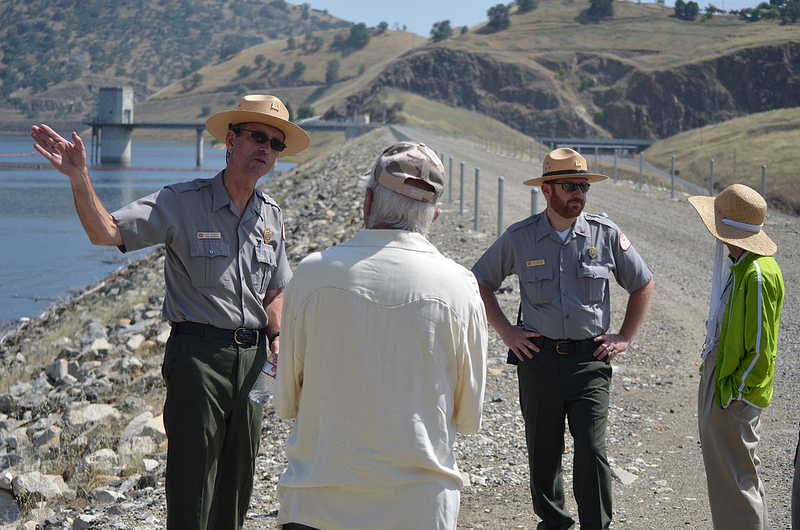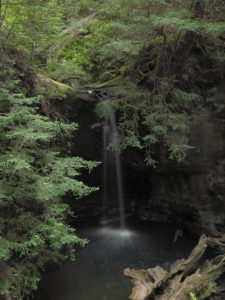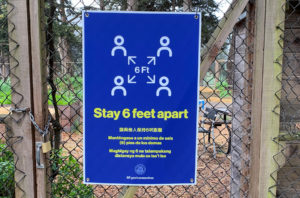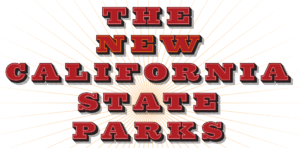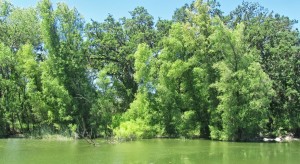California State Parks is grappling with modern funding problems as it strains for cash while its staffing, recreation and maintenance needs grow. But according to critics and even the parks’ new director, the department’s business practices are stuck in the 1950s.
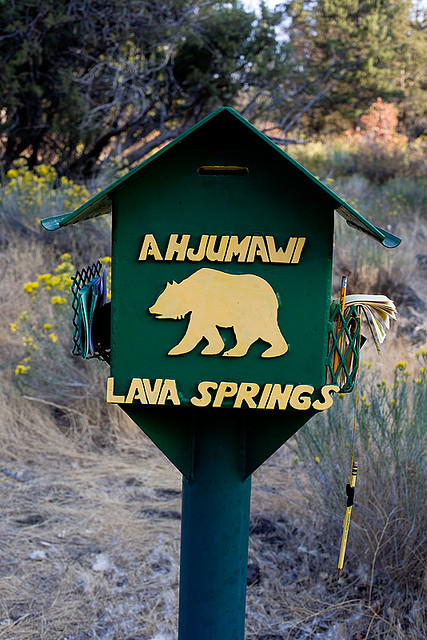
To pay for parking at the parks, visitors must shove exact change and cash into metal posts known as “iron rangers.” Accounting and budgeting software lacks consistency throughout the state from park to park. Park rangers are still required to have law enforcement experience, even though much of their work involves providing education, visitor assistance and community programs. And state parks has yet to create a working relationship with the state travel and tourism commission to market the parks.
A bit of modernization and thoughtful reworking could help the cash-strapped park system regain its footing as it searches for ways to become economically sustainable, according to a couple of study commissions seeking to revamp the department.
The most recent effort was announced by state parks and the California Natural Resources Agency in early June with the formation of the Parks Forward Commission. The panel of experts and citizens are being chosen by Secretary of Natural Resources John Laird to recommend improvements to state parks’ financial, operational and cultural practices.
Vicky Waters, a spokeswoman for California State Parks, declined to list the specific problems the commission plans to address, but she said the panel will consider any viable solutions that would help sustain the parks.
“Everything’s going to be on the table, as we understand it,” she said. “It’s going to be a top to bottom assessment of the state park system, including the 280 parks.”
Major General Anthony Jackson, the new state parks chief who stepped in after former director Ruth Coleman resigned in the midst of a budget scandal, has been more blunt about the department’s outdated practices. While speaking at a Regional Parks Association forum on June 15 in Oakland, Jackson said that state parks hasn’t made a cultural or business change since the 1950s and continues to lack a marketing or business department.
Jackson said he will create a new business and marketing department in the next couple months and will begin promoting the parks more aggressively with state park passes for sale at retail outlets, as well as television advertising campaigns.
“We haven’t done a good job of marketing what we have, and need a broader tourism strategy,” said Stuart Drown, executive director of the Little Hoover Commission, a bipartisan state agency that also offered recommendations to improve California State Parks.
A report the Little Hoover Commission released in late March says: “state parks has no working relationship with the state travel and tourism commission to

promote the parks, despite the fact that the travel and tourism commission often uses images and mentions of the parks in promotional materials.”
And it’s no wonder the parks department ran into budgeting problems when it lacks a consistent department-wide way to track its revenue. Drown called the accounting system “antiquated.”
He added that state parks also needs to modernize its view of the nonprofit and citizen partners it collaborates with by taking their concerns and ideas more seriously as their involvement in management grows.
Elizabeth Goldstein, president of the California State Parks Foundation, said she hopes the Parks Forward Commission uses the Little Hoover Commission’s findings and Jackson’s action plan as a starting off point to make solid improvements.
“We have strongly felt that the department and state parks deserve to have a fresh vision for the future,” she said.
Dhyana Levey is a Bay Nature contributor and writer for our state parks funding crisis series.

